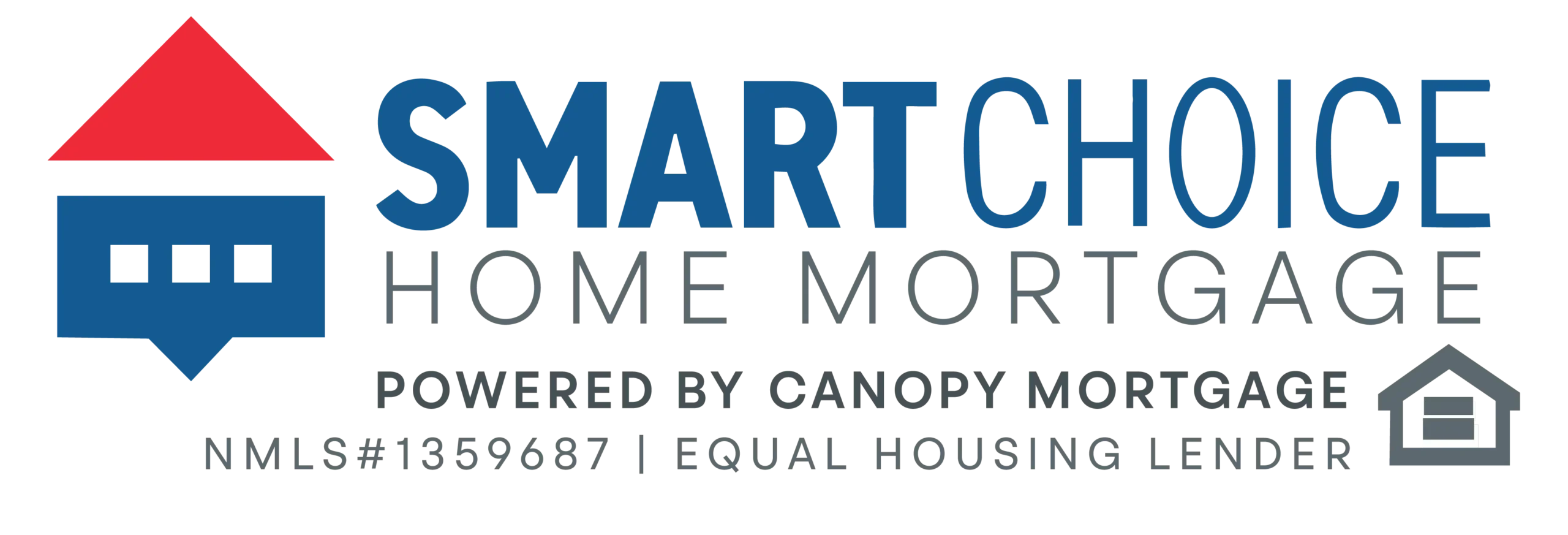Conventional Loan
A conventional loan is a type of mortgage that is not insured or guaranteed by any government agency, such as the Federal Housing Administration (FHA), the U.S. Department of Veterans Affairs (VA), or the U.S. Department of Agriculture (USDA). Instead, these loans are offered by private lenders, such as banks, credit unions, and mortgage companies. Conventional loans come in two main types: conforming loans, which meet the standards set by Fannie Mae and Freddie Mac, and non-conforming loans, which do not meet those standards (like jumbo loans).
Key Benefits of Conventional Loans:
- No Upfront or Ongoing Mortgage Insurance (with 20% Down): One of the main advantages of conventional loans is that private mortgage insurance (PMI) is not required if the borrower can make a down payment of at least 20%. This can save borrowers a significant amount of money over the life of the loan compared to government-backed loans, which often require mortgage insurance regardless of the down payment amount.
- Lower Overall Cost Over Time: Even though FHA loans and other government-backed loans might have more lenient requirements, conventional loans can be more cost-effective in the long run. With a higher down payment and no ongoing mortgage insurance, borrowers can save significantly on monthly payments and total interest over the loan’s term.
- Flexible Terms and Loan Amounts: Conventional loans offer a variety of loan terms, typically ranging from 10 to 30 years, with fixed-rate or adjustable-rate options. Borrowers also have more flexibility with loan amounts, especially with jumbo loans, which allow them to finance more expensive properties that exceed the conforming loan limits set by Fannie Mae and Freddie Mac.
- More Affordable for Borrowers with Good Credit: Borrowers with strong credit scores (typically above 680) may qualify for lower interest rates and better loan terms compared to FHA or VA loans. This makes conventional loans a great option for those with excellent credit who want to benefit from lower rates and avoid extra fees.
- No Specific Property Restrictions: Unlike USDA loans, which require homes to be in specific rural or suburban areas, conventional loans can be used to buy a property in any location, as long as it meets the lender’s requirements. This flexibility makes them ideal for homes in urban areas or more expensive real estate markets.
- Higher Loan Limits: For conforming conventional loans, there are limits on how much you can borrow, but these limits are generally higher than those for FHA loans. For example, the 2024 conforming loan limit is $726,200 for most areas in the U.S., and even higher in more expensive regions, allowing borrowers to finance more costly homes. Non-conforming loans, such as jumbo loans, can go above these limits.
- Option to Eliminate PMI: If a borrower’s down payment is less than 20%, PMI will typically be required. However, with conventional loans, once the loan balance drops to 80% of the home’s original value, borrowers can request that the PMI be removed. For FHA loans, on the other hand, mortgage insurance often lasts for the life of the loan (unless a larger down payment is made initially).
- Variety of Loan Products: Conventional loans offer both fixed-rate and adjustable-rate mortgages (ARMs). Borrowers who plan to stay in their home long-term might prefer a fixed-rate loan, where the interest rate remains the same for the life of the loan. For those who anticipate moving or refinancing in a few years, ARMs offer a lower initial rate that can adjust over time.
- More Control Over Closing Costs: Conventional loans tend to offer more flexibility when it comes to closing costs. Buyers can shop around for lenders to find better deals on interest rates, fees, and other loan terms. Additionally, sellers may contribute to closing costs, but the rules governing these contributions are more flexible than those of FHA or VA loans.
- Second Home and Investment Property Eligibility: Conventional loans are available not only for primary residences but also for second homes and investment properties. This makes them a great choice for buyers looking to purchase a vacation home or rental property, which is not allowed under government-backed loan programs like FHA or USDA loans.
